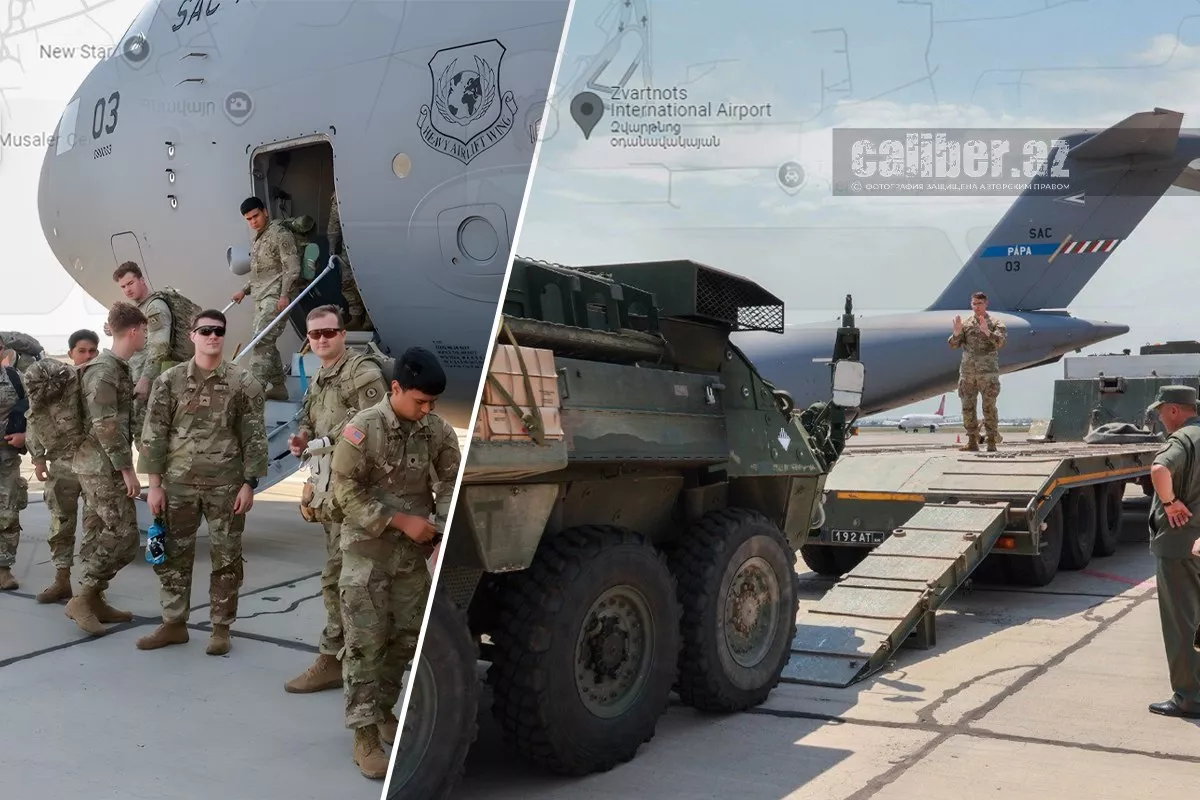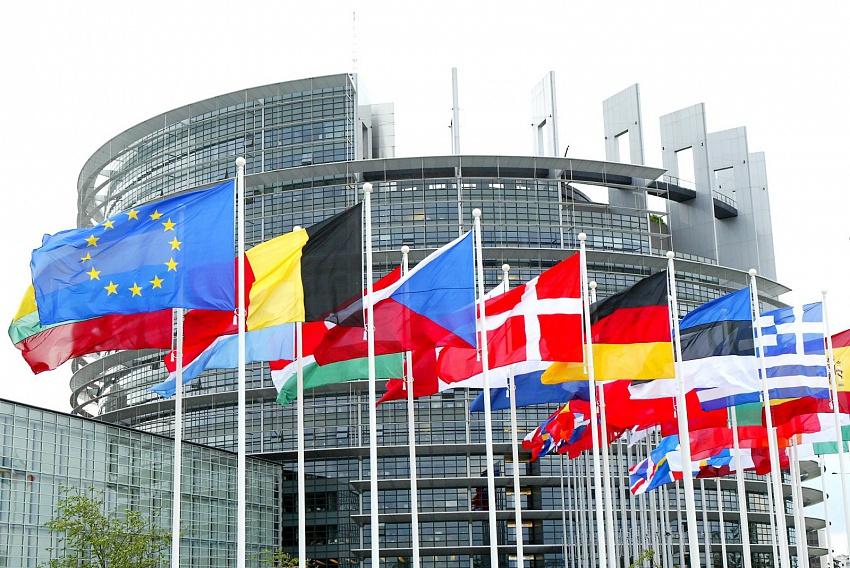Armenia's European integration Myths, reality, and a touch of fantasy
Armenia’s political activity often oscillates between periods of quiet and intensity. This January, however, has begun with a headline-grabbing development in Yerevan. At its first government meeting of 2025, Armenia’s cabinet approved a draft law titled “On Initiating the Process of EU Membership.”
Prime Minister Nikol Pashinyan underscored the significance of this move, stating that “a decision on this matter cannot be made at the level of law or even by government resolution.” Instead, he emphasised that it must be put to the people in a referendum.
This decision has sparked considerable debate within Armenian society. Some experts have expressed surprise, pointing out that just a few months ago, Prime Minister Pashinyan seemed uncertain about Armenia’s potential EU membership. Critics argue that the future of this move remains unclear and could ultimately backfire on the country.
Furthermore, the Kremlin’s response has been notably sharp, which was expected given the ongoing competition between integration structures. The reaction from Moscow suggests that Armenia will no longer have the luxury of choosing between the EU and the Eurasian Economic Union (EAEU) but will be forced to make a clear decision. This “either, or” dynamic reflects the growing geopolitical pressures Armenia faces.
If Armenia were to exit the EAEU, many believe it could lead to the collapse of the Armenian economy. Supporters of this view argue that Armenia holds greater strategic value for the collective West than Georgia, given its land border with Iran. Some suggest that Armenia’s positioning makes it a critical player in the West’s efforts to challenge Russia’s influence in the South Caucasus, potentially even acting as a springboard for escalating tensions with Iran.
Another segment of Armenia's expert community argues that the process of EU accession does not necessarily indicate Armenia's imminent membership, as a positive decision hinges on the political will of Brussels. One Armenian political scientist even suggested that Prime Minister Pashinyan might be shifting Armenia’s “strategic orientation” to secure support from new allies. The expert quipped, “Now we’ll see whether the French Legion or U.S. Rapid Reaction Forces will arrive in Armenia for protection.”

In this context, some within Armenian society argue that Armenia is not among the countries expected to join the European Union anytime soon. They view the push for European integration as a move to gain domestic political leverage. According to this perspective, the decision of the Armenian people will hold little weight in the EU’s eyes. What matters most to Brussels, they believe, is the legally formalized roadmap for integration, which will allow the EU to activate a mechanism for political and economic manipulation. In this light, critics argue, Armenia is being asked to ignore the reality of its situation and instead believe in the myth that the country will ultimately be accepted into the EU.
Did the supporters of the aforementioned positions consider that their statements might offend EU Special Representative for the South Caucasus and the crisis in Georgia, Magdalena Grono? She recently “emphasized the importance of the consistent expansion of Armenia-EU cooperation” during her meeting with Prime Minister Pashinyan.
At the same time, there is ongoing debate in Yerevan regarding the direction of a recent interview by Azerbaijan’s President Ilham Aliyev, particularly concerning Western Azerbaijan. Observers have noted that, at this stage, the focus appears to be on “a coordinated campaign of informational, psychological, and political-diplomatic pressure” on Yerevan.
Some individuals have even suggested that the three former presidents of Armenia should appeal to the Russian Ministry of Foreign Affairs to assess Aliyev's statements, particularly those referring to Armenia as a "fascist state."
However, this raises several questions. First, why is Moscow involved in this context? And second, isn’t the Khojaly genocide a manifestation of fascism, while the forced expulsion of Azerbaijanis from their ancestral lands, now part of Armenia, an act of racism and xenophobia? These actions, some argue, gave rise to the very same fascist realities that critics allege.
Indeed, while the focus was on the Kremlin's obligatory response to President Aliyev's labelling of Armenian regimes as "fascist," Armenia quickly provided its own counter-reaction. Armenia has gone so far as to declare that the ally of a "fascist state" could also be classified as a "fascist state." Since Russia was branded as such by Armenia, the implication is that Russia, as an ally of Azerbaijan, should "intervene."
This rhetoric is highly symbolic and seems to echo a broader narrative. On the internal front within Armenia, such statements are resonating with external anti-Azerbaijani discourse, particularly from the European Parliament. For example, Miriam Lexmann, the European Parliament’s rapporteur on Armenia, made a biased statement that it is Baku, rather than Yerevan, that undermines “attempts at regional peace and security." In short, the European Parliament maintains its biased stance, even though it is, at least in theory, attempting to present itself as more "balanced."

And just as expected, former Armenian Prime Minister Khosrov Harutyunyan resurfaced, clinging to outdated narratives. His recent statement regarding the potential dissolution of the OSCE Minsk Group—that it "does not exclude the return of global powers to the Karabakh issue in the future"—raises more questions than it answers. Of course, he conveniently avoided specifying what kind of "future" he was referring to, so we'll leave this gaffe unaddressed for now.
Against this backdrop, during a meeting in Ijevan (Karavansara until 1919) focused on Armenia's economic development and reform agenda, Prime Minister Pashinyan outlined "peace process, digitalization, and anti-corruption efforts" as the "top locomotive programs for Armenia." While specifics on the last two remain vague, it's worth noting that Armenia’s Constitution still includes aggressive anti-Azerbaijani provisions. Until these are addressed and removed, the notion of a peace agreement between Baku and Yerevan remains irrelevant. Pashinyan is undoubtedly aware of this. As Arshak Muradyan aptly put it—though not in this exact context—"Before speaking, one should think carefully—this isn't about giving socks to Justin Trudeau."
However, the real question that arises from this situation is much more significant: Is Armenia truly ready to confront the new realities that have unfolded in the South Caucasus? Or will the country’s leadership persist with a policy that lacks a clear, coherent vision, particularly when it comes to addressing the aggressive provisions in Armenia's constitution?








